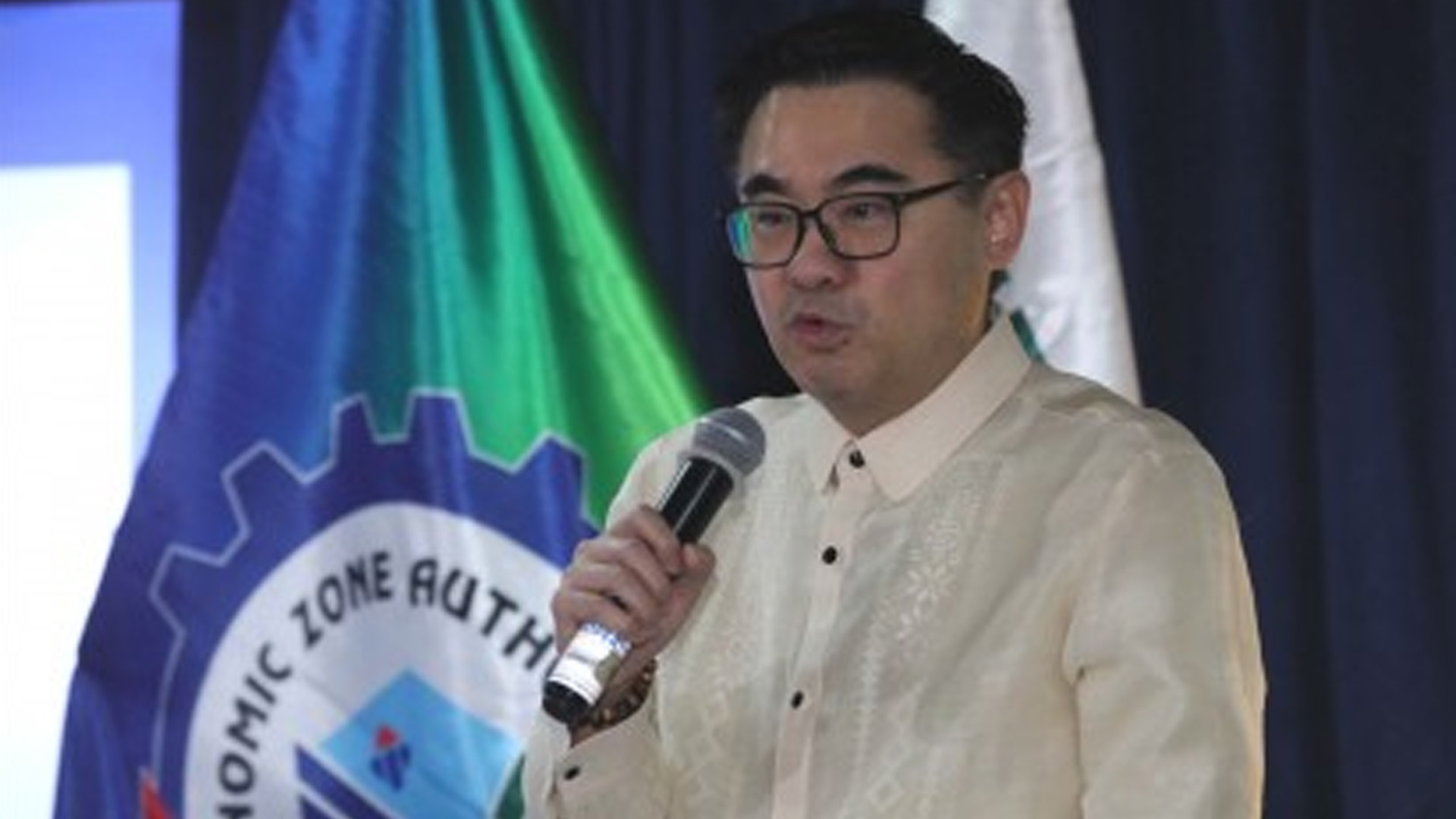The Philippines can be a preferred investment destination in Asia, but it will take “a lot of work”, the Office of the Special Assistant to the President for Investment and Economic Affairs (OSAPIEA) said Friday.
“I think a lot of transformation of the way we do things [is needed] to reach that level of being the number one investment destination in Asia,” Presidential Adviser on Investment and Economic Affairs Frederick Go said during a Malacañang Insider interview.
Go said our neighbors in South East Asia “have been cornering the lion’s share of global investments.”
He emphasized that the OSAPIEA aims to reverse this trend to place back the Philippines as a preferred investment destination in Asia.
Citing that the country has improving economic indicators, Go disclosed that another Japanese rating agency has upgraded the Philippines’ rating.
“R&I, just upgraded us a few weeks ago from BBB+ to A-. As you know, we have about five global credit rating agencies that rate the countries all over the world. So, now, we have two Japanese rating agencies that have upgraded us to A-,” he said.
Since the creation of the OSAPIEA in December 2023, it has made contributions that improved certain procedures in government agencies.
These include the passing of the Public-Private Partnership Law, pre-border technical inspection of goods entering the country and digital invoicing at the Bureau of Customs (BOC), and the digitalization of the national ID.
Go noted that partnerships with the private sector are important for the rollout of 190 infrastructure flagship projects.
Reforms in the BOC also allows the country to have actual source document at the port of origin for the verification of goods and their value, and reduce manual interventions for invoicing at the local port, he said.
Meantime, national ID digitalization is fundamental to economic growth, financial inclusion, distribution of medical services and relief assistance, and easier transaction with financial institutions like banks.
Future plans, projects
Go said he is looking forward to the passage of the CREATE MORE bill into law as foreign direct investors have raised concerns about the Corporate Recovery and Tax Incentives for Enterprises (CREATE) bill which was signed into law by former President Rodrigo Duterte in March 2021.
“It is so critical to us signaling to the world that we are listening, and that we are responding to the issues and difficulties that they have raised and brought to our attention,” he said.
Go also mentioned the Luzon Economic Corridor Project which is in collaboration with the G7 Global Infrastructure partners.
“We have a flagship project identified and this is the Subic-Clark-Manila-Batangas Cargo Rail. This is extremely important to reduce the cost of doing business within this corridor because these four ports represent about 80 percent of the volume of traffic in the Philippines,” he said.
“Third would be better macroeconomic numbers, we’re seeing better macroeconomic numbers now across the board for the country. GDP growth for the 2nd Quarter was 6.3 percent and I can tell you that our GDP growth last year… this year is either the best or among the best in the region, the South East Asian Region,” he added.
Earlier, the Department of Labor and Employment reported that the unemployment rate in the country is 4.7 percent from January to July, lower compared to the 4.9 rate for the same period last year.
Meanwhile, the Philippine Statistics Authority said the country’s poverty rate fell to 15.5 percent in 2023 from 18.1 percent in 2021. (PNA)








